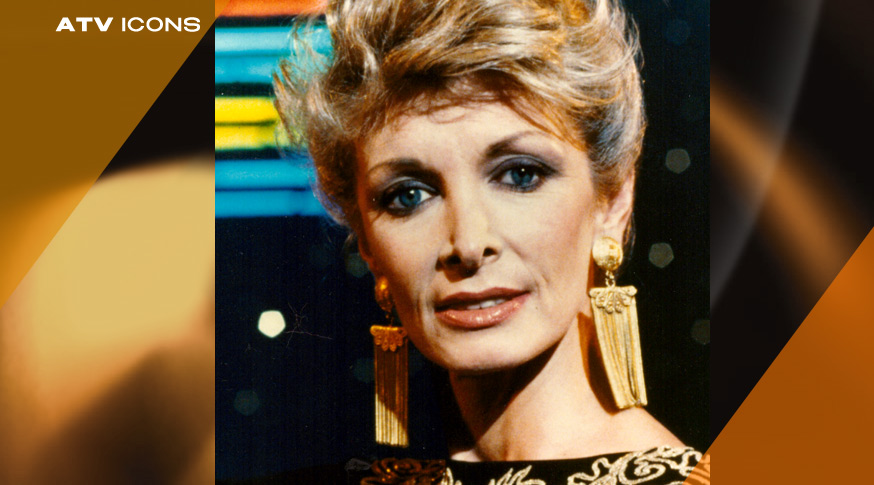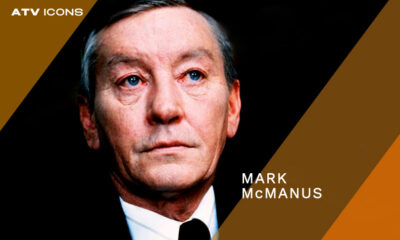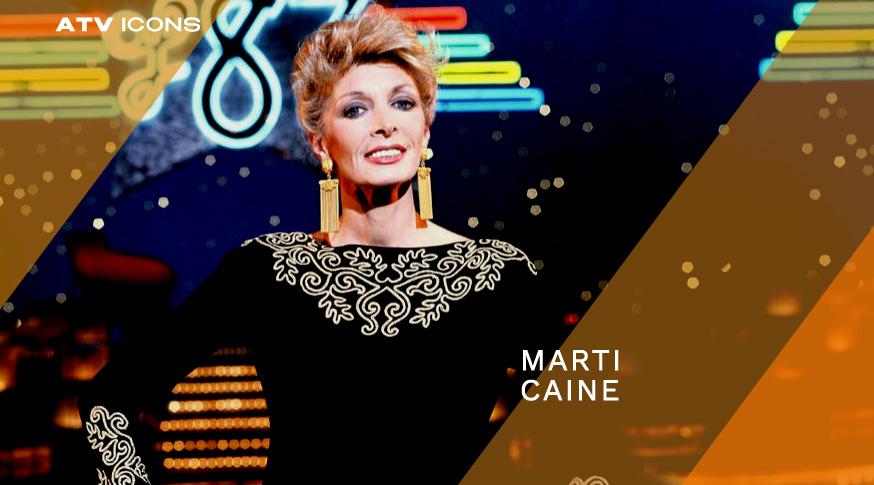
Icons
ATV Icon: Marti Caine
The next name in the ATV Icons hall of fame to celebrate 70 years of ITV is the late great singer, presenter and comedienne Marti Caine…
Marti Caine was born Lynne Denise Shepherd on 26 January 1945 in Sheffield, her childhood was marked by significant hardship. Caine’s father died of cancer when she was only seven, after which her mother fell into alcoholism and drug abuse. She also endured sexual abuse by her paternal grandfather during this troubled upbringing.
Seeking escape and stability, Lynne married a local butcher’s boy, Malcolm Stringer, at the age of 17. She became a teenage mother of two sons and former model living on a Sheffield council estate – later describing herself as “just another starry-eyed wannabe… married with two babies, an ex-beauty queen, stuck on a council estate, with little hope of fulfilling any dreams for a better life”. This early marriage – which began in 1962 – provided some solace but also left her feeling trapped in domesticity.
A turning point came when Lynne was 19 years old. In 1964, her mother died, leaving behind an unpaid £150 funeral bill that Caine could not afford. Desperate to pay off this debt, the young housewife decided to audition as a singer at a local working men’s club. Fuelled by a swig of brandy for courage, she took the stage at Chapeltown Working Men’s Club in Sheffield and performed two songs; “Puppet on a String” and “Summertime” to demonstrate her musical range.
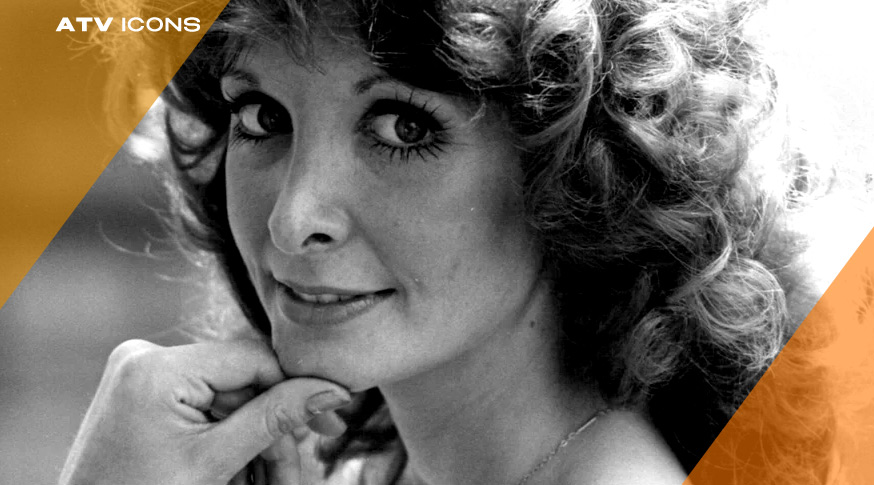
Marti becomes a New Faces star / ATV
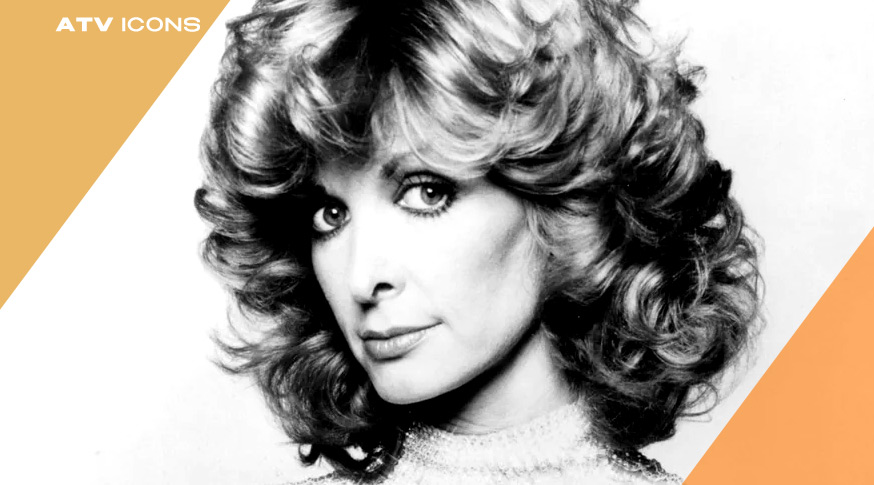
In 1977 Marti was given her own ATV series
Her nerves betrayed her – she later joked that her voice trembled “like Edith Piaf with Parkinson’s disease” during that audition – but nevertheless she succeeded in getting hired. This fateful audition launched her show business career. It was also at this time that she adopted her stage name. Initially, she performed under short-lived aliases; Sunny Smith for three weeks and then Zoe Bond for another short spell of time but disliked both.
Seeking a more memorable moniker, Lynne and her husband found inspiration in a gardening book – specifically the term “tomato cane.” Malcolm Stringer tweaked it to “Marta Cane,” which a club promoter misheard and accidentally billed as “Marti Caine.” The name stuck and Lynne Denise Shepherd was reborn as Marti Caine, an identity that would soon become famous nationwide. In her personal world, Lynne remained so to friends and family – Marti was strictly a professional persona.
Marti spent the next 15 years honing her craft on the tough working men’s club circuit across Yorkshire and beyond. In the 1960s, it was virtually unheard of for a glamorous young woman in a figure-hugging mini-dress to do stand-up comedy in these male-dominated venues. Marti turned this to her advantage – her novelty appeal got her noticed, and she learned to navigate the chauvinistic atmosphere with sharp wit.
By the early 1970s, Marti had become a seasoned entertainer on the northern club circuit and caught the attention of talent scouts. She acquired an agent, John Peller, who encouraged her to try for television. In 1975, Caine gained national prominence by entering the ITV talent show New Faces which aired live from ATV in Birmingham. Despite modest expectations, she astonished everyone by winning the competition outright. In the final, she beat out strong competitors – including future stars Lenny Henry and Victoria Wood – to claim the star prize of performing in Las Vegas. Her victory on the popular TV talent show instantly transformed her from a regional club performer into a household name across Britain.

Marti was one of the stars of ATV’s The Summer Show in 1976
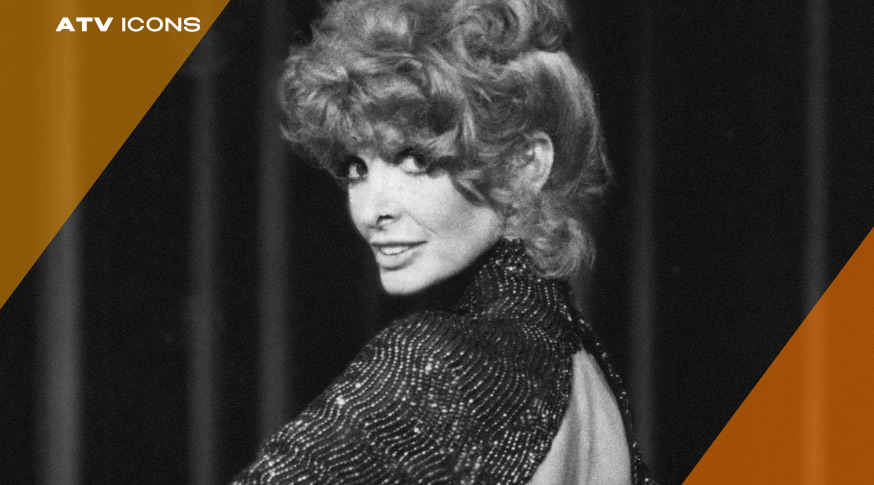
Making the switch: Marti also had a successful run of programmes with the BBC / BBC Two
ATV Elstree also produced an all-star show with several names from the talent series including Victoria Wood, Lenny Henry and hosted by Leslie Crowther in The Summer Show. This was followed by a series for ITV from ATV before Caine switched to BBC Two and the long running Marti (1979-84) entertainment show which mixed music, chat and sketches. During this time she was also now the headline act in live venues. She even served as compère at Sheffield’s famed Fiesta Club, graduating from opening act to top-billed performer through thanks to her telly work.
As the 70s became the 80s Marti took on the stage musical lead role in Fanny Brice in the musical Funny Girl at the Crucible Theatre in Sheffield – earning critical praise for her performance which she later toured the UK with.
Between 1984 and 1986 Marti also turned to situation comedy appearing in the star role of Hilary, a comedy series written specifically for her. The show ran for two series on the BBC before she returned to the Midlands and Central Television to present a revived New Faces on ITV from the Birmingham Hippodrome Theatre. Caine’s energetic hosting and quick humour helped made the show a ratings success in its second era and she became known for her catchphrase, “Press your buttons now!”, cueing the audience to vote for their favourite performer.
In parallel with her comedy career, Caine pursued singing. She recorded a total of five albums over her career. Notably, she collaborated with composer Karl Jenkins, who co-produced some of her records and wrote “Quiet Please, The Lady’s Gonna Sing” as a signature song for her. There was also a single release of ‘Never Been To Me‘ which she performed a number of times on her Beeb entertainment series over the years. The song later became a big hit for Charlene.
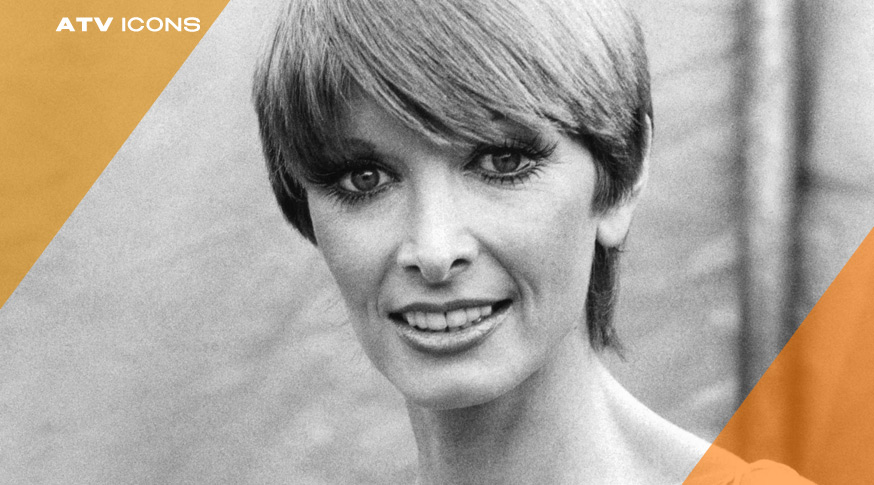
Marti is the star of an episode of Seaside Special in 1978 / BBC One
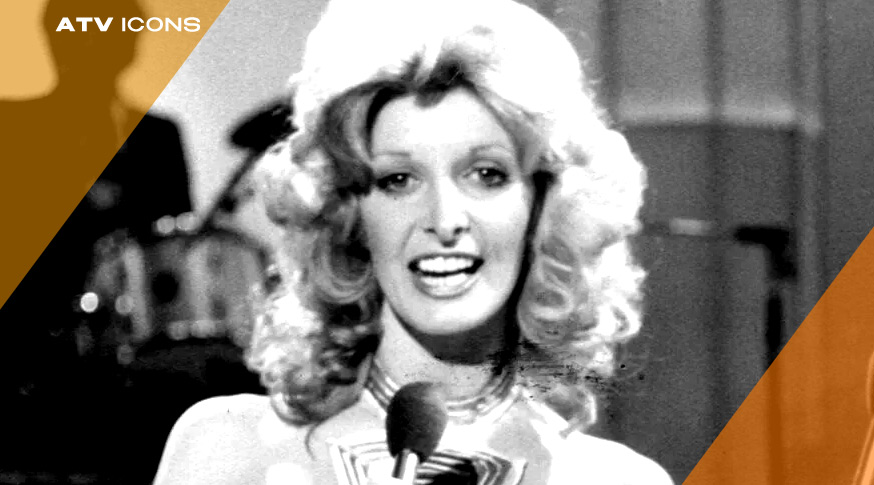
Songs and comedy with Marti on BBC Two
Marti Caine was a tall, striking woman (5 ft 7 in) with a beaming smile and an approachable demeanour. On stage and TV, she projected confidence and glamour – always impeccably dressed and coiffed – yet her comedy was often self-deprecating and relatable. She was the subject of the celebrity biographical telly show This Is Your Life (Thames Television) twice of which only a handful have had the honour of two visits by the ‘big red book’.
Alongside her showbiz ventures, she proved to have an entrepreneurial streak: during the boom of her career, she co-founded a chain of health clubs in Northern England, joking that they were an insurance policy “in case show business ever gave her up”.
Despite her career success, Marti Caine faced numerous personal challenges and showed great resilience in overcoming them. Her first marriage, to Malcolm Stringer, lasted 17 years but was not always smooth behind the scenes. The strain of Caine’s growing fame contributed to the marriage’s collapse in 1978, a split that made front-page news in the tabloids. The couple had two sons, Lee and Max, and she remained a devoted mother even as she toured and performed frequently.
In interviews, she admitted that balancing family life with a showbiz career was difficult, especially as her popularity skyrocketed. Becoming single also symbolised a personal reinvention as she emerged from it more independent. Several years later, she found love again and in 1984 married her second husband, Kenneth Ives, a television and theatre director. This marriage would last the rest of her life. Kenneth Ives introduced Marti to a different social circle in the arts.
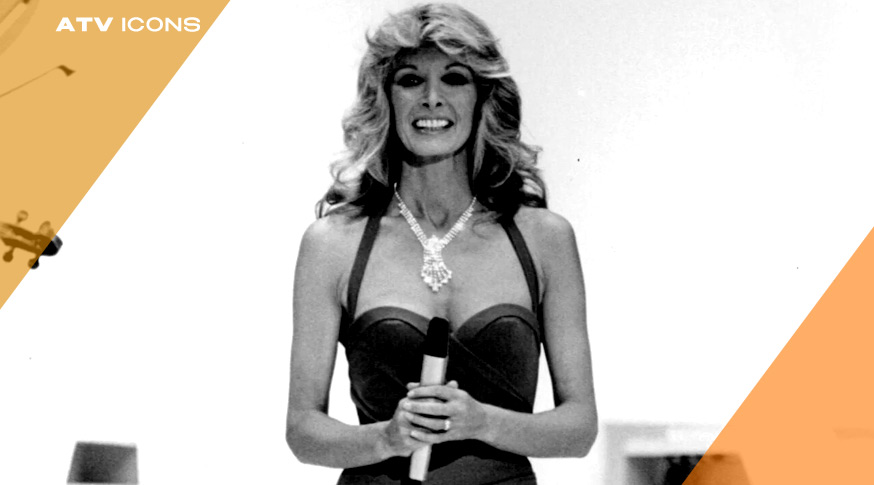
A Central performance, Marti returns to host New Faces in 1986 / Central TV
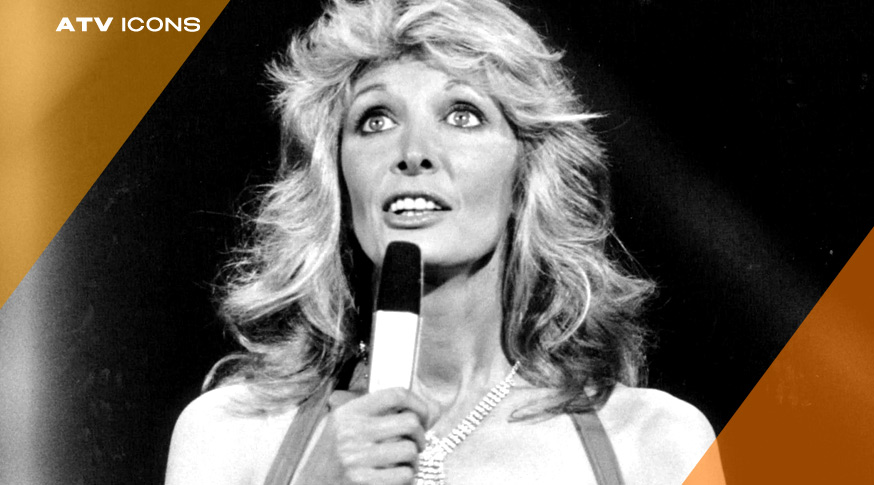
“Press your buttons now!” Marti hosts New Faces 1986 / Central TV
Amusingly, Marti sometimes felt like a down-to-earth outsider among the upper-crust theatrical elites – she once even asked Sir Peter Hall, the renowned director, what he did for a living, and famously failed to recognise Sir Laurence Olivier at a party, quipping “Larry who?”. Such faux pas aside, those who knew her say she adjusted well to the new milieu and remained unfailingly warm and unpretentious.
One of Marti Caine’s most striking qualities was her self-awareness and humility. In public she was bold and brassy – a statuesque redhead with a big voice and laugh – but privately she wrestled with insecurity and the trauma of her past. She never forgot her difficult childhood or the shy girl she had once been. “The years of popular acclaim and serious money were not enough to eradicate her inner doubt and insecurity”. Caine herself remarked that she still saw “an ugly girl with long legs and a nose job” when she looked in the mirror.
She drew a clear line between “Marti”, her stage persona, and “Lynne,” her real self: “Marti was loud, brassy and egotistical,” she explained, while “Lynne had no ego and enjoyed doing the housework.” This candid reflection showed how she had essentially reinvented herself through show business yet remained grounded. She counted her dressmaker, housekeeper and hairdressers among her closest friends, and was known to treat everyone backstage with kindness.
Caine also had to navigate public perceptions and the occasional controversy. In the mid-1980s, she made a decision that drew criticism – accepting an engagement to perform in Sun City in apartheid-era South Africa. Many entertainers at the time boycotted South Africa, and Caine’s appearance there landed her on a United Nations blacklist of artists who broke the cultural boycott.
Caine defended herself by pointing to her appreciation of Black music and her work with Black artists, but the incident was a blemish on her otherwise positive public image. Nonetheless, her genuine popularity in Britain was undiminished. By and large, the public adored Marti Caine for her humour, her authenticity, and her courage in the face of adversity. She had become something of a folk hero – a working-class woman who rose from obscurity and hardship to entertain millions, while never forgetting where she came from.
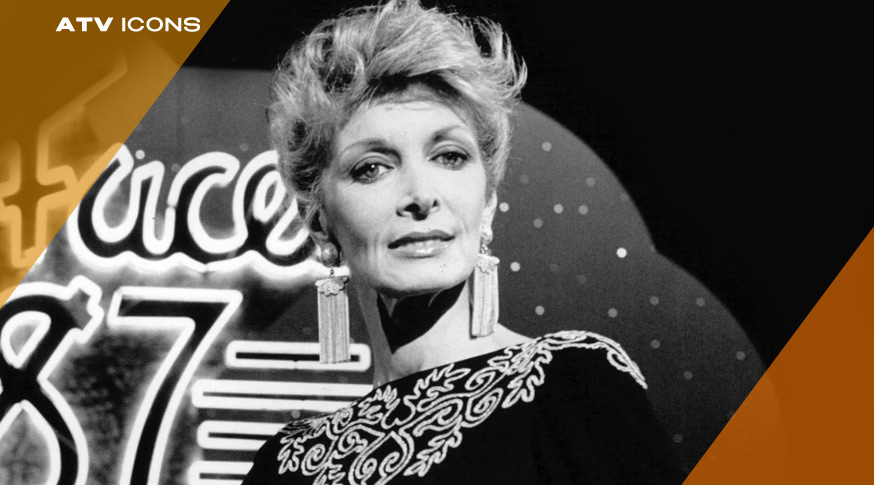
New look, Marti returned with a new style for New Faces of 1987 / Central TV
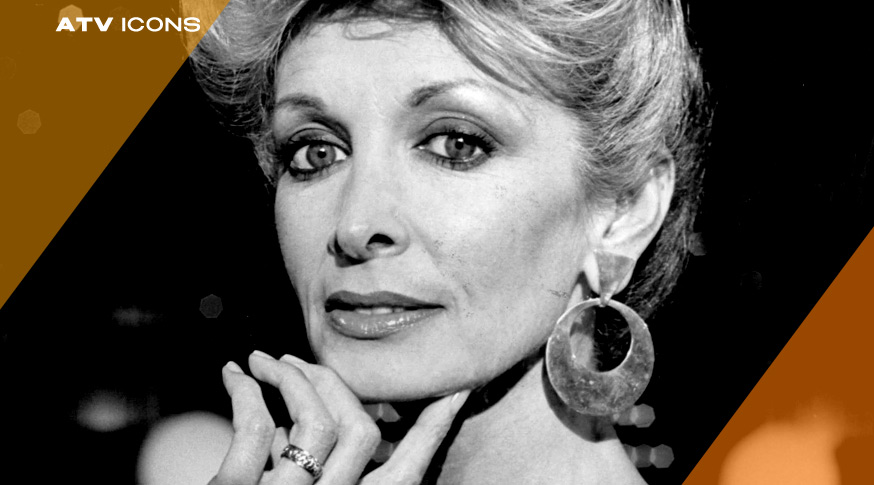
Marti hosted a third series of New Faces in 1988 / Central TV
In October 1988, at the height of her career, Marti was diagnosed with lymphatic cancer. The diagnosis was grave – essentially a form of non-Hodgkin’s lymphoma – but she confronted it with remarkable grit and wit. Upon being informed of her illness by a Harley Street doctor, she famously quipped, “Does this mean I’m a lymphomaniac?” – this gallows humour became a trademark of how she dealt with her illness publicly.
Despite undergoing cancer treatment, she remained determined to continue working as long as possible. In fact, two years after being told her illness was terminal, Caine was still performing – she appeared in a Christmas pantomime in Bath, defiantly proving the doctors wrong in the short term. ITV were also supportive giving her work with a series similar to her previous BBC offering – a mix of music, star guests and comedy in Marti Caine (Central Television).
Her battle with cancer and her refusal to succumb to self-pity inspired many. Hundreds of women undergoing cancer treatment wrote to Marti, thanking her for being an example of strength and positivity, although she noted in one interview that people shouldn’t look to her as a role model or they may not get into heaven. However, being able to provide people with a positive outlook while they were also dealing with serious illness saw Marti embrace her unofficial role as a beacon of hope and support. She replied to letters personally and used her celebrity platform to encourage others.
In her final years, she also devoted energy to cancer charities – this included the proceeds from her last music album going to the Marti Caine Children with Leukaemia Trust, a fund established in her name. The early 1990s also saw her continue to front television shows, she hosted comedy series Joker in the Pack for BBC One and a magazine series Next? for older viewers ‘the over 50s’ alongside John Noakes and Valerie Singleton, a show she was still presenting in the final year of her life.
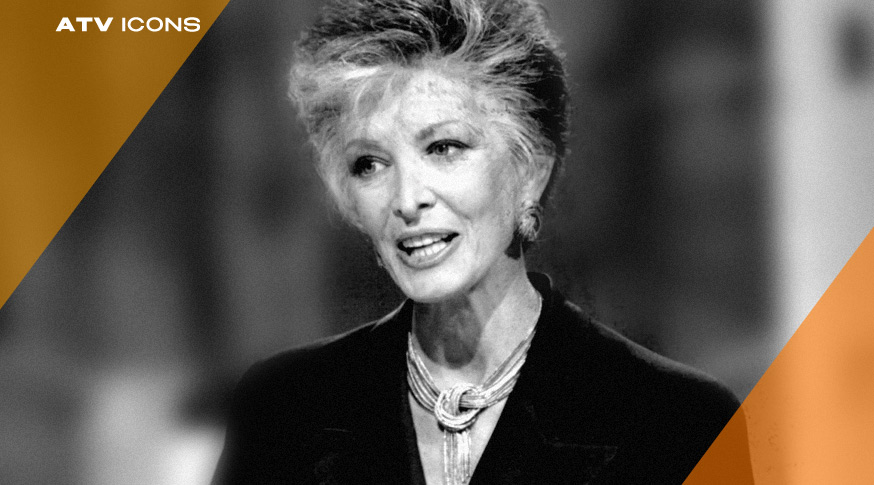
Marti hosts Your Best Shot for prime time BBC One / BBC
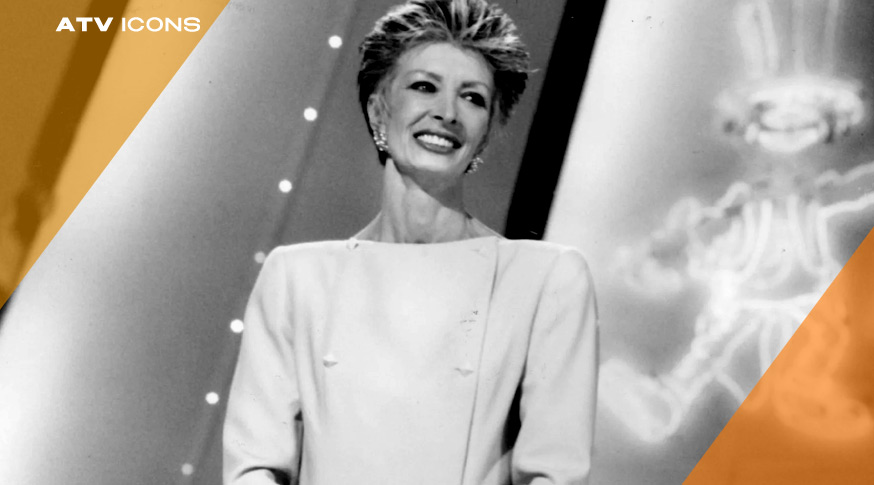
Marti presents Joker in the Pack for BBC One / BBC
When diagnosed with cancer she also decided to chronicle her experiences. She penned an autobiography titled A Coward’s Chronicles, published in 1990, which became a bestseller. Far from being a typical showbiz memoir, the book was an unflinching and often humorous account of her life story and her illness journey. Critics praised it as “an intelligently written and brutally honest account” of an extraordinary life.
Caine chose the ironic title A Coward’s Chronicles to poke fun at the media’s tendency to call her “brave” – she wanted to dispel the notion that she was some uniquely courageous hero battling illness. “You fight for dear life,” she observed, “because you are too coward to embrace death.” By confronting her fear and vulnerability so candidly, she gave her audience permission to acknowledge their own fears. The autobiography offered a new depth to the public’s understanding of Marti, revealing the private struggles behind her ever-cheerful public face; It remains a remarkable document of humour and resilience in the face of mortality.
Marti Caine’s health continued to slowly decline and by 1994 the lymphoma had severely progressed. Still, she scarcely let the public see her despair. She maintained a busy schedule of performances and appearances almost to the very end. It was only in late 1995, when a severe relapse hit, that she finally had to cancel a planned panto role.
She spent her final days at home with family. On 4 November 1995, Marti Caine passed away at her home in Henley-on-Thames, Oxfordshire, at the age of 50. Her husband Kenneth Ives was by her side at the end. True to her independent spirit, she had actually discharged herself from the hospital the day before, expressing a wish to be at home, but succumbed shortly after.

Final series, Marti hosts Next for BBC daytime / BBC
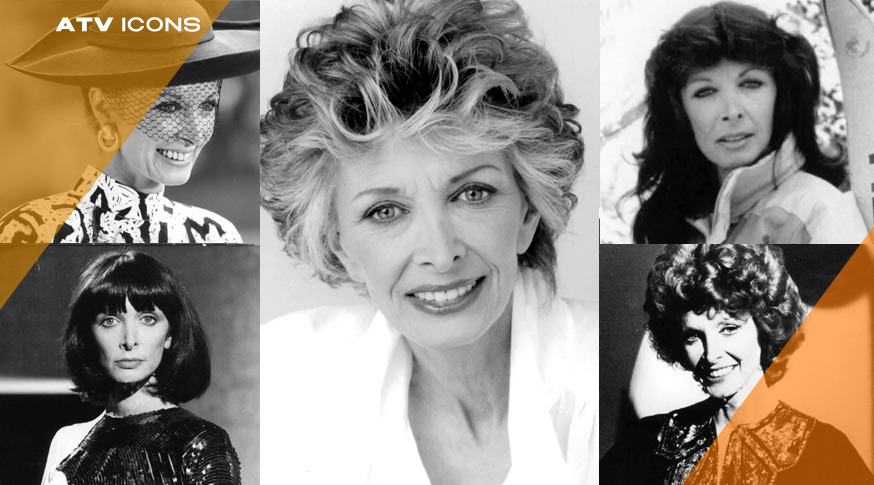
Memories of Marti, including top left in sitcom Hilary, top right hosting Sporting Chance and bottom images from her Marti series / BBC
In recognition of her contributions, Sheffield Hallam University awarded her a posthumous honorary doctorate in 1995. In the same year, a large modern art sculpture called “Sheen” was dedicated to her memory in Sheffield’s city centre. Caine had been scheduled to unveil the sculpture herself but tragically died two weeks before the ceremony. The abstract stainless-steel artwork, often nicknamed “Marti” by locals, now stands as a lasting tribute to the city’s beloved comedienne.
There have even been campaigns to further honour her in Sheffield; fans have lobbied to add Marti Caine to the Sheffield Legends Walk of Fame alongside other famous natives. However ridiculously the tribute was denied on the technicality that inductees must attend their own unveiling, something impossible in this situation. Nonetheless, her status as a Sheffield legend is unquestioned.
The 2018 British film “Funny Cow,” starring Maxine Peake as a fictional northern female comic, was partially inspired by Marti Caine’s experiences on the working men’s club circuit. Many female comedians who followed have cited Marti Caine as a inspiration. Marti Caine’s legacy lives on in the joy she brought to audiences, the doors she opened for others, and the inspiration she continues to provide to anyone facing hard times with a smile.
